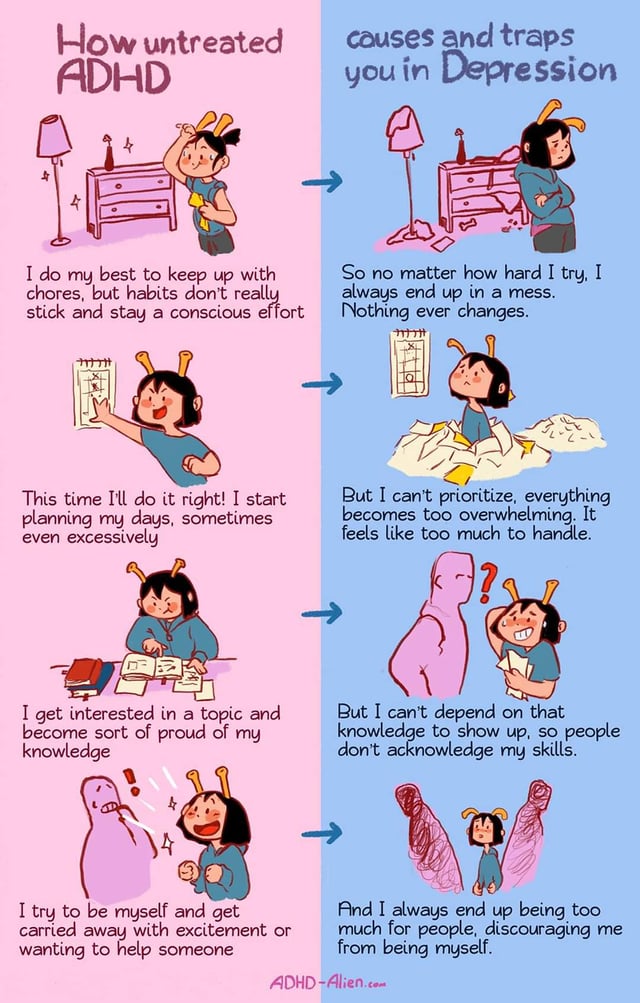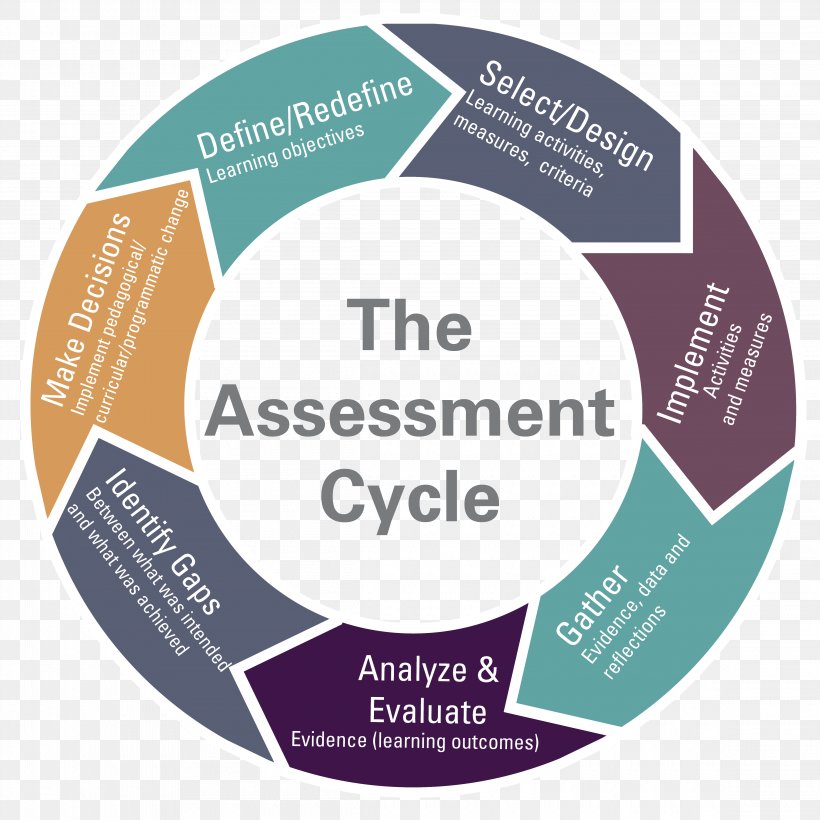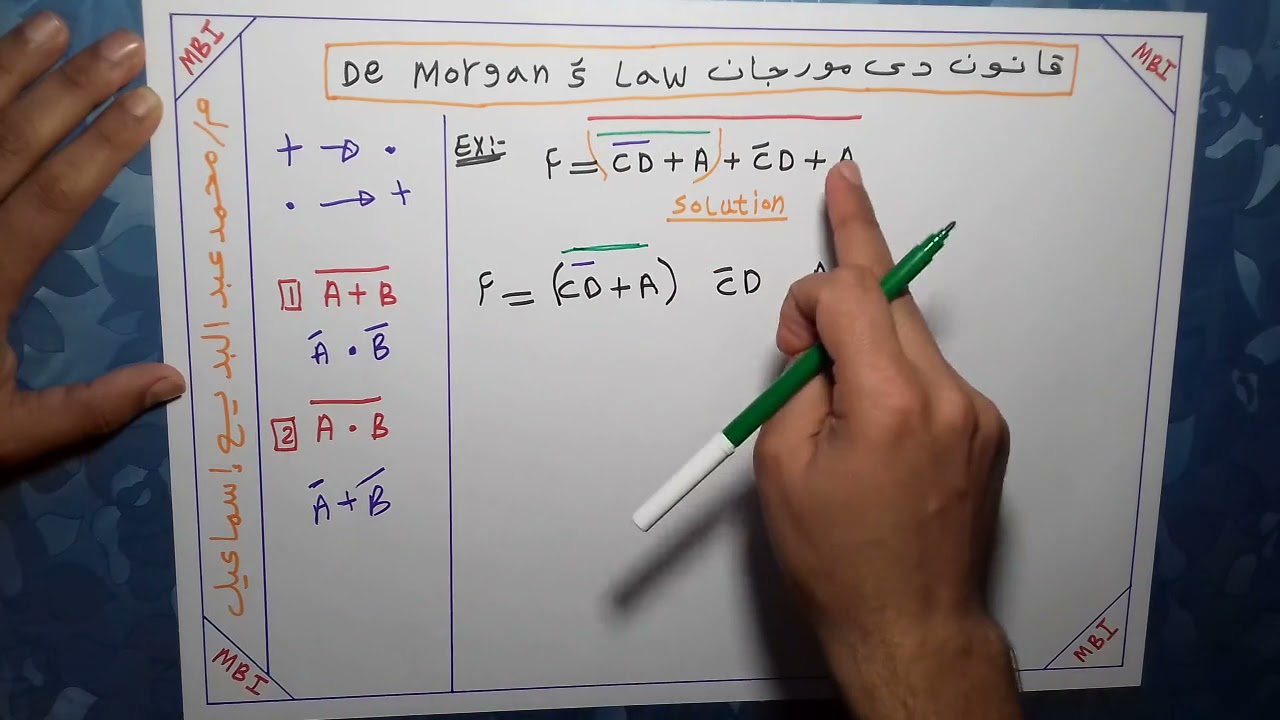Understanding ADHD: A Journey Inside Our Minds

Table of Contents
The Core Symptoms of ADHD
ADHD is characterized by a persistent pattern of inattention, hyperactivity, and impulsivity. These symptoms significantly interfere with functioning or development. Let's explore each core symptom in more detail:
Inattention: The Struggle to Focus
Inattention in ADHD isn't simply being distracted; it's a persistent difficulty focusing on tasks, staying organized, and managing time effectively. Individuals with ADHD often experience:
- Forgetfulness: Misplacing items frequently, forgetting appointments, and struggling to recall daily events.
- Difficulty Following Instructions: Missing key details or struggling to complete multi-step instructions.
- Disorganization: Messy workspaces, poor time management skills, and difficulty prioritizing tasks.
- Daydreaming: Excessive mind-wandering that interferes with concentration and productivity.
- Difficulty Sustaining Attention: Struggling to maintain focus on tasks, even those they find interesting.
These inattentive symptoms manifest differently in children and adults. Children might struggle to sit still in class or complete homework assignments. Adults might find themselves constantly switching tasks, struggling to meet deadlines at work, or feeling overwhelmed by daily responsibilities. The impact on academic performance and work productivity can be substantial.
Hyperactivity: Restless Energy
Hyperactivity in ADHD involves excessive movement and restlessness. This isn't simply being energetic; it's a persistent pattern of excessive motor activity that's often inappropriate for the situation. Common manifestations include:
- Excessive Fidgeting: Constant tapping, leg-shaking, or other restless movements.
- Difficulty Staying Seated: Inability to remain seated in situations where it's expected, such as in school or meetings.
- Excessive Talking: Interrupting conversations frequently and talking excessively, even when it's inappropriate.
- Running or Climbing Inappropriately: Engaging in excessive running or climbing in situations where it's unsafe or disruptive.
- Difficulty Engaging in Quiet Activities: Finding it challenging to engage in activities that require stillness and concentration.
Hyperactivity presents significant challenges in social situations. It can lead to social isolation, strained relationships, and difficulty forming and maintaining friendships. The increased risk of accidents and injuries is another significant concern.
Impulsivity: Acting Before Thinking
Impulsivity is the tendency to act on sudden urges without considering the potential consequences. This can manifest in various ways:
- Blurting Out Answers: Interrupting others and responding impulsively without waiting their turn.
- Hasty Decisions: Making quick decisions without considering the potential outcomes.
- Difficulty with Emotional Regulation: Experiencing intense emotional outbursts or struggling to manage emotions effectively.
- Risky Behaviors: Engaging in risky behaviors without considering the potential dangers.
Impulsivity can have severe negative consequences across all aspects of life. It can damage relationships, lead to financial difficulties, and contribute to academic or professional setbacks. Effective strategies for managing impulsivity are crucial for individuals with ADHD.
ADHD: Beyond the Stereotypes
ADHD is often misunderstood, leading to harmful stereotypes. It’s crucial to recognize the diversity of presentations and debunk common myths.
The Diversity of ADHD Presentations
ADHD doesn't present identically in everyone. Symptoms vary widely in severity and combination:
- Gender Differences: ADHD manifests differently in males and females, with females often showing more inattentive symptoms than hyperactive-impulsive symptoms.
- Inattentive Type ADHD: Many individuals primarily present with inattentive symptoms, without significant hyperactivity or impulsivity.
- Comorbidity: ADHD frequently co-occurs with other conditions, such as anxiety, depression, learning disabilities, and oppositional defiant disorder.
Accurate diagnosis and personalized treatment plans are essential due to this variability. A thorough assessment by a healthcare professional is vital to understand the specific challenges an individual faces.
Debunking Common Myths About ADHD
Many misconceptions surround ADHD, perpetuating stigma and hindering effective management:
- ADHD is not laziness or a lack of willpower: It's a neurobiological condition affecting brain function.
- ADHD is treatable: Effective strategies, including medication and therapy, significantly improve symptoms and quality of life.
- Not all people with ADHD are hyperactive: Many individuals primarily experience inattentive symptoms.
Understanding the neurobiological basis of ADHD is crucial for dispelling myths and promoting empathy and support. It's a condition that requires understanding and specialized treatment, not simply willpower.
Effective Management Strategies for ADHD
Effective management of ADHD often involves a combination of strategies tailored to the individual's needs.
Medication: A Powerful Tool
Medication plays a significant role for many individuals with ADHD. Stimulant and non-stimulant medications can effectively improve focus, reduce impulsivity, and control hyperactivity.
- Types of Medication: Various medications are available, each with its own mechanism of action and potential side effects.
- Working with a Doctor: Finding the right medication and dosage requires careful collaboration with a healthcare professional.
- Monitoring Side Effects: Regular monitoring for side effects is crucial to ensure safety and efficacy.
While medication is highly effective for many, it's essential to remember that it's not a cure-all and should be part of a comprehensive treatment plan.
Therapy: Building Coping Mechanisms
Therapy, particularly Cognitive Behavioral Therapy (CBT) and behavioral therapy, plays a vital role in developing coping mechanisms and improving overall well-being.
- CBT Techniques: CBT teaches individuals strategies for managing impulsivity, improving focus, and regulating emotions.
- Behavioral Therapy: Behavioral therapy helps develop organizational skills, self-regulation techniques, and problem-solving strategies.
Therapy provides a safe space to address emotional challenges, build self-esteem, and develop adaptive strategies for navigating daily life.
Lifestyle Adjustments: Holistic Support
Lifestyle adjustments can significantly impact symptom management. These include:
- Regular Exercise: Physical activity improves focus, reduces impulsivity, and boosts mood.
- Healthy Diet: A balanced diet provides the nutrients needed for optimal brain function.
- Sufficient Sleep: Adequate sleep is crucial for cognitive function and emotional regulation.
- Mindfulness Techniques: Mindfulness practices can improve focus and reduce stress.
- Stress Management Strategies: Effective stress management is essential for managing ADHD symptoms.
A holistic approach combining these lifestyle changes with medication and therapy often yields the best results.
Conclusion
Understanding ADHD is a crucial step towards effective management and a more fulfilling life. This journey inside the minds of individuals with ADHD highlights the diverse ways the condition manifests and the various strategies available for managing its symptoms. Remember, effective management often involves a combination of medication, therapy, and lifestyle adjustments. If you suspect you or someone you know might have ADHD, seek professional help for proper diagnosis and personalized treatment. Take the first step toward better understanding and managing ADHD today.

Featured Posts
-
 Brexits Impact Spanish Border Towns On The Brink Of Economic Collapse
May 13, 2025
Brexits Impact Spanish Border Towns On The Brink Of Economic Collapse
May 13, 2025 -
 Dodgers 11 10 Loss A Game For The Ages
May 13, 2025
Dodgers 11 10 Loss A Game For The Ages
May 13, 2025 -
 Pos Na Parakoloythisete Tin Serie A Online Athlitikes Metadoseis
May 13, 2025
Pos Na Parakoloythisete Tin Serie A Online Athlitikes Metadoseis
May 13, 2025 -
 Families Of Gaza Hostages Face Lingering Nightmare
May 13, 2025
Families Of Gaza Hostages Face Lingering Nightmare
May 13, 2025 -
 Campus Farms And Life Cycle Education Engaging Students Through Direct Observation
May 13, 2025
Campus Farms And Life Cycle Education Engaging Students Through Direct Observation
May 13, 2025
Latest Posts
-
 Leonardo Di Caprio And Romeo Juliet A Rollerblading Story You Wont Believe
May 13, 2025
Leonardo Di Caprio And Romeo Juliet A Rollerblading Story You Wont Believe
May 13, 2025 -
 Leonardo Di Caprios Near Miss The Romeo Juliet Rollerblading Incident
May 13, 2025
Leonardo Di Caprios Near Miss The Romeo Juliet Rollerblading Incident
May 13, 2025 -
 The Real Story Behind Leonardo Di Caprios Dating Habits
May 13, 2025
The Real Story Behind Leonardo Di Caprios Dating Habits
May 13, 2025 -
 Qanwn Dy Kabryw Fy Almwaedt Hl Hw Hqyqy Thlyl Lelaqth Alakhyrt
May 13, 2025
Qanwn Dy Kabryw Fy Almwaedt Hl Hw Hqyqy Thlyl Lelaqth Alakhyrt
May 13, 2025 -
 Did Leonardo Di Caprio Break His Own Dating Rule Analysis Of His Latest Relationship
May 13, 2025
Did Leonardo Di Caprio Break His Own Dating Rule Analysis Of His Latest Relationship
May 13, 2025
